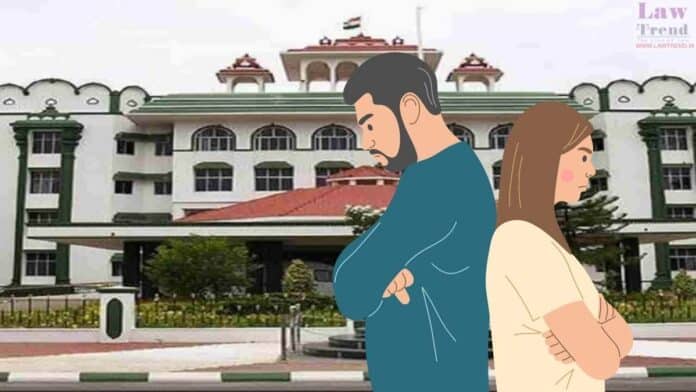The Madras High Court has ruled that a wife who has sufficient independent income and owns valuable properties is not entitled to claim interim maintenance from her husband under Section 24 of the Hindu Marriage Act, 1955. Justice P.B. Balaji set aside a Family Court order that had directed a husband to pay ₹30,000 per
To Read More Please Subscribe to VIP Membership for Unlimited Access to All the Articles, Download Available Copies of Judgments/Order, Acess to Central/State Bare Acts, Advertisement Free Content, Access to More than 4000 Legal Drafts( Readymade Editable Formats of Suits, Petitions, Writs, Legal Notices, Divorce Petitions, 138 Notices, Bail Applications etc.) in Hindi and English.




